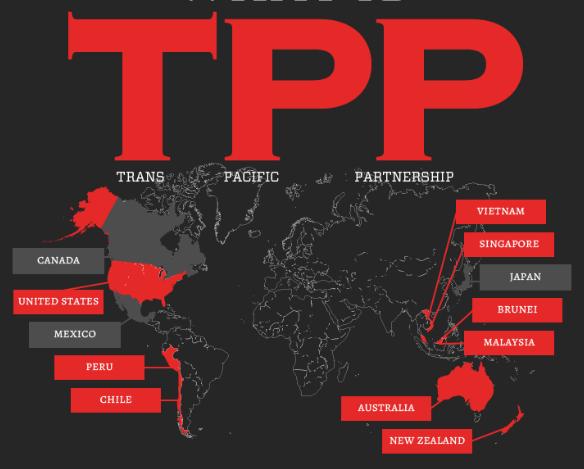The hidden details of a treasonous new “trade” agreement currently being negotiated between the U.S. and 11 other countries in secret continue to be leaked, with new evidence pointing to the further erosion of national food sovereignty under the sinister plan. The so-called “Trans-Pacific Partnership,” or TPP, threatens to eliminate the freedom of farmers to save seeds while forcing signatory nations to allow multinational biotechnology companies to patent whole plants as intellectual property.
Despite continued efforts by the Obama administration to conceal this stealth agricultural takeover, the provisions of TPP continue to make headlines, at least across the alternative media spectrum. As part of the infamous Codex Alimentarius scam to “harmonize” international trade laws to accommodate corporate interests, TPP’s implementation will lead to the further unraveling of national sovereignty, forcing member nations into an international tribunal setup where corporations essentially call all the shots.
“As America races toward her date with destiny, there is yet another ‘fundamentally transforming’ event coming her way and that event is known as the Trans-Pacific Partnership (TPP),” writes Dave Hodges for The Common Sense Show. “The TPP is a plot designed to hand over control of the world’s governments to private corporate interests and it is all being done in secret. Even Congress is not allowed to examine the TPP provisions.”
TPP will allow evil corporations like Monsanto to rule over national governments
One major aim of TPP is to punish countries that attempt to mandate the labeling of genetically-modified organisms (GMOs) or ban them outright. Key provisions in the international decree would allow corporations like Monsanto to actually sue governments for trying to protect their people against GMOs, all in the name of fostering “free trade.”
Farmers would also be prohibited from saving seeds under the plan as countries are forcibly grafted into a regulatory paradigm governed by patent monopolies. Although not every country attending the TPP meetings is on board with this agenda, the stated goal is to force all negotiating parties to make patents on plants available as well as to protect plant varieties under the 1991 Protection of New Varieties of Plants Act (UPOV 1991).

